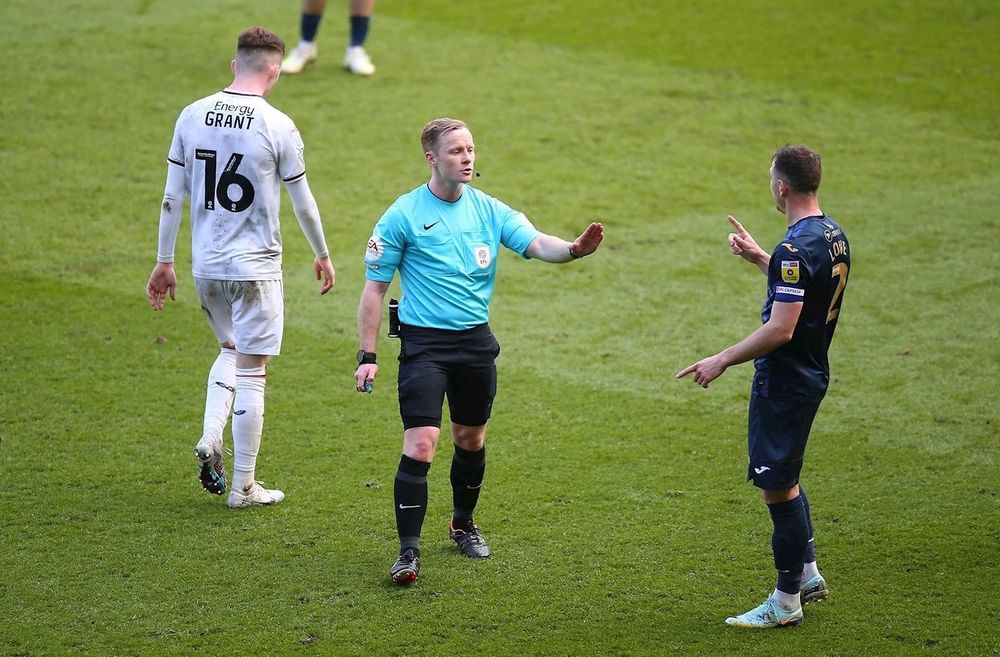I wrote a post about an EFL game that was removed as i used the term "borderline cheating".
I was wrong to use this term and i struggled to find the right words to explain what i was thinking.
But i want to understand what is the right word / description to use when a referee fails to carry out their duties correctly? Especially when so much money is being paid to them for the job. Out of interest is the fee around £800 in league one and two now?
In reality is it incompetence? Is it lack of bottle? Is it pressure from the hierarchy to keep 11 v 11?
Why do referees at the highest level fail to send off players like they did on Saturday?
Just so others understand (who may not have seen my original post) a player from the away team:
Kicked the ball awa.
Showed clear verbal dissent after a penalty was not awarded (wrongly IMHO).
Remonstrated with the ref at half time in the centre circle about the "no penalty" decision.
Committed 4 later fouls.
Pushed a player to the ground and was then warned.
He was subbed seconds later.
The player was shown a yellow card for the dissent incident. (incident 2). I think he committed at least 5 yellow cards worth (DRP, dissent, dissent, PI and AAA)
I assume the match-day observer would have said something in the post-match de-brief.
I was wrong to use this term and i struggled to find the right words to explain what i was thinking.
But i want to understand what is the right word / description to use when a referee fails to carry out their duties correctly? Especially when so much money is being paid to them for the job. Out of interest is the fee around £800 in league one and two now?
In reality is it incompetence? Is it lack of bottle? Is it pressure from the hierarchy to keep 11 v 11?
Why do referees at the highest level fail to send off players like they did on Saturday?
Just so others understand (who may not have seen my original post) a player from the away team:
Kicked the ball awa.
Showed clear verbal dissent after a penalty was not awarded (wrongly IMHO).
Remonstrated with the ref at half time in the centre circle about the "no penalty" decision.
Committed 4 later fouls.
Pushed a player to the ground and was then warned.
He was subbed seconds later.
The player was shown a yellow card for the dissent incident. (incident 2). I think he committed at least 5 yellow cards worth (DRP, dissent, dissent, PI and AAA)
I assume the match-day observer would have said something in the post-match de-brief.




